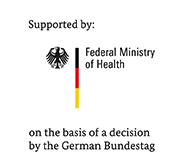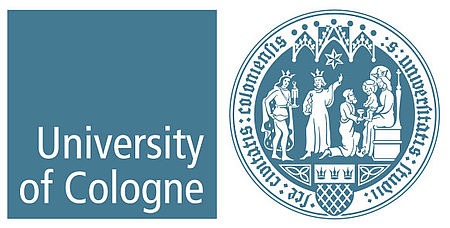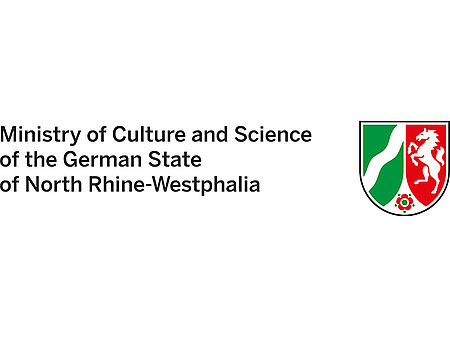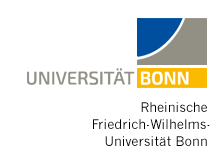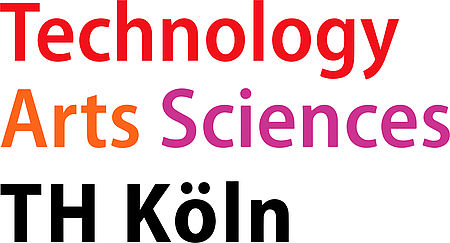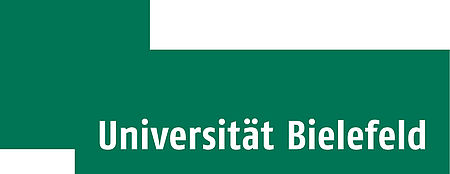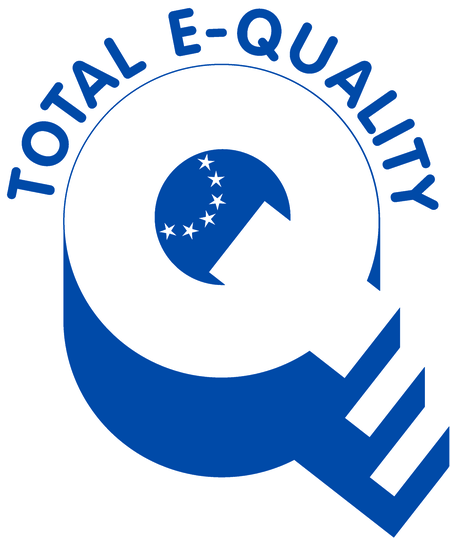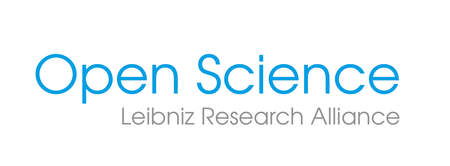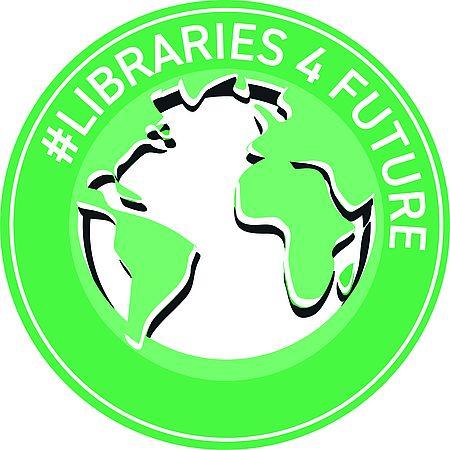“From Big Data to Smart Knowledge – Text and Data Mining in Science and Economy”
The world of science and research is changing. In the age of the Internet, increasing digitisation, and digital accessibility of data, it has become essential to develop methods of making data fully intelligible in the electronic realm. These methods – generally referred to as text and data mining – are increasingly being applied in the fields of science, engineering, life science and economics. The goal of the conference "From Big Data to Smart Knowledge – Text and Data Mining in Science and Economy" – which was attended by experts from all over the world – was to discuss these topics in detail and present the latest examples from science and industry.
The event was divided into a number of sessions which examined different aspects of text and data mining. Topics included the key principle that research data should be freely available, compatible, traceable and easily reusable to improve the chances of it being used again. Other sessions examined applied research in the field of text mining and discussed how these methods are used at institutions such as the German National Library and ZBW – National Library of Economics, Leibniz Information Centre for Economics. In addition, case studies were presented to show how text and data mining can be applied in translational research in a range of disciplines – for example analysing electronic patient data in Denmark to investigate drug side effects.
The presentations at the international conference were recorded and are now freely available for viewing on YouTube: https://www.youtube.com/channel/UCvIKQDG-TvlVzZ2qvtvgcEQ/videos. You can also download the presentation slides from the website www.textminingconference.de.
Background information:
Goportis – Leibniz Library Network for Research Information
Goportis is the name of the Leibniz Library Network for Research Information which consists of the three German National Libraries TIB (National Library of Science and Technology, Hanover), ZB MED (Leibniz Information Centre for Life Sciences, Cologne/Bonn), and ZBW (National Library of Economics – Leibniz Information Centre for Economics, Kiel/Hamburg). The three partners work together to support scientific working processes by providing research-based services, for example by opening up access to research data, developing virtual research environments and semantic applications, and offering various other types of assistance.
Fraunhofer Institute for Algorithms and Scientific Computing SCAI
The Fraunhofer Institute for Algorithms and Scientific Computing SCAI is the perfect partner for companies who wish to conduct computer simulations, optimise processes, and extract information from large volumes of data. SCAI designs and optimizes industrial applications, develops software and services for product design, process development and production, and offers calculations on high-performance computers. Its goals include shorter development cycles, lower-cost experiments, and optimised work processes. Fraunhofer SCAI's Bioinformatics department offers its customers a range of services in the fields of automated information extraction (text and image mining). As part of its work on modelling neurodegenerative diseases, the department has successfully used these technologies to conduct research into the causes of Alzheimer's and Parkinson's disease.

